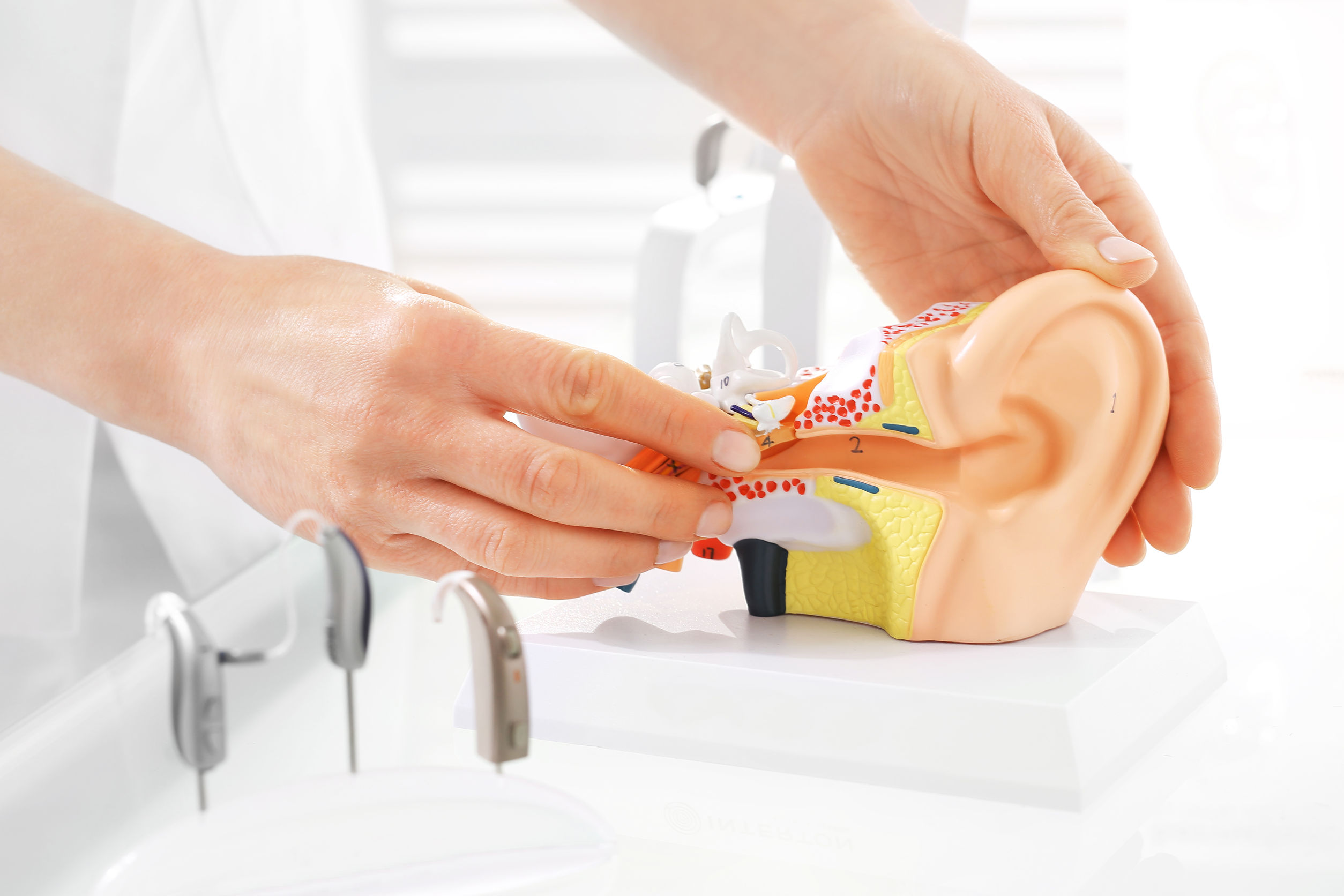Hearing Loss Is a Modifiable Risk Factor of Dementia
As we age, the risk for dementia increases. When we get older, our brains “shrink” a process that is known as brain atrophy – also known as cognitive decline or dementia.
The Connection
It has long been suspected that untreated hearing loss can increase the risk of cognitive decline and dementia. When left untreated, hearing loss makes it difficult for the brain to hear and retain information. When this occurs, it can leave you feeling fatigued, forgetful, and more likely to withdraw from social situations.
Hearing loss is becoming increasingly common in people of all ages, but adults over the age of 60 are more susceptible. A recent study has shown that older adults who wear hearing aids can likely reduce their risk of dementia in half compared to those who don’t manage their hearing loss. *
While hearing aids are not a cure, they can help you hear better, maintain communication, and can increase brain health. There is no down side to wearing hearing aids, so it’s best to consult with a hearing specialist sooner rather than later.
Have Your Hearing Checked
To be proactive about your hearing and overall health, you are encouraged to schedule regular hearing check-ups with a hearing provider to catch any signs of hearing loss early. Studies have shown that hearing aids can help by decreasing the likelihood of dementia.
Call NHB today to learn more about the connection between untreated hearing loss and dementia, and how hearing aids can improve your quality of life.
*”Hearing intervention versus health education control to reduce cognitive decline in older adults with hearing loss in the USA (ACHIEVE): a multicentre, randomised controlled trial.” Published in July issue of The Lancet.

